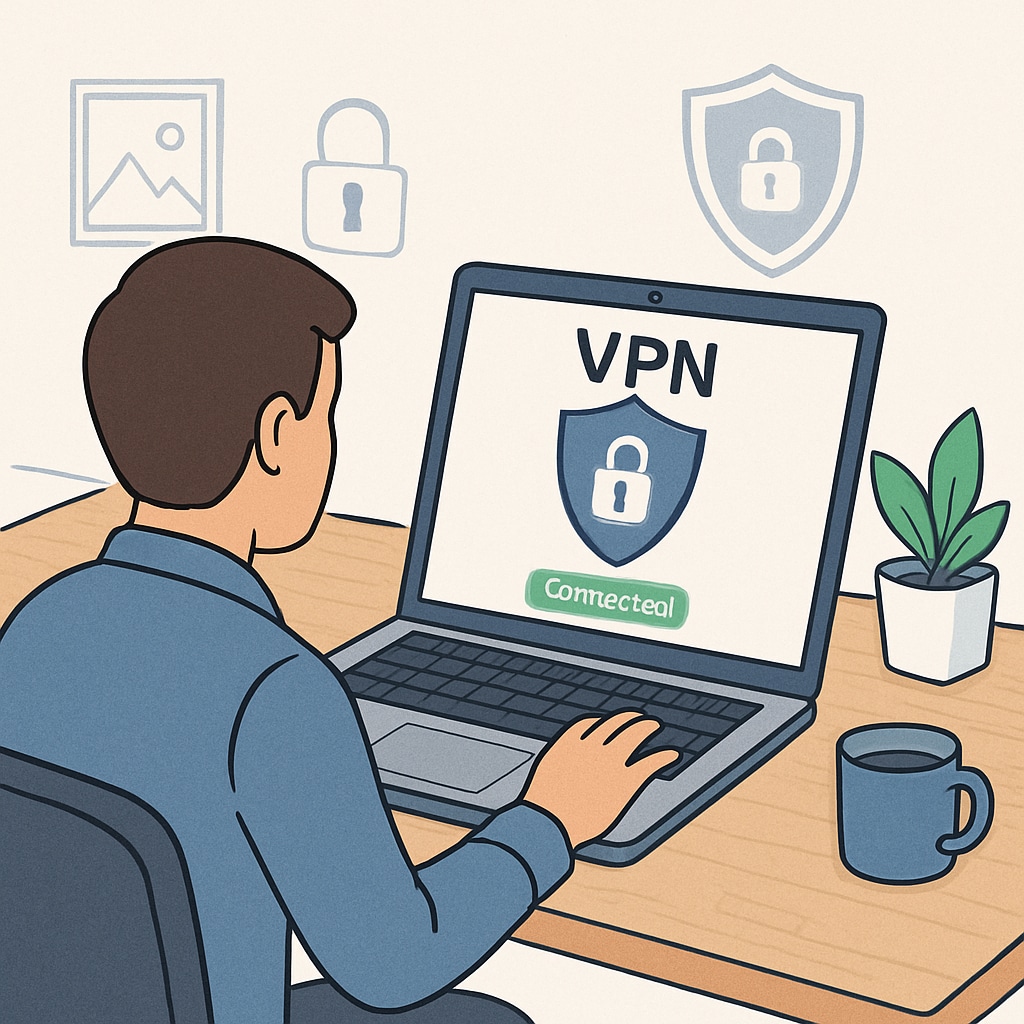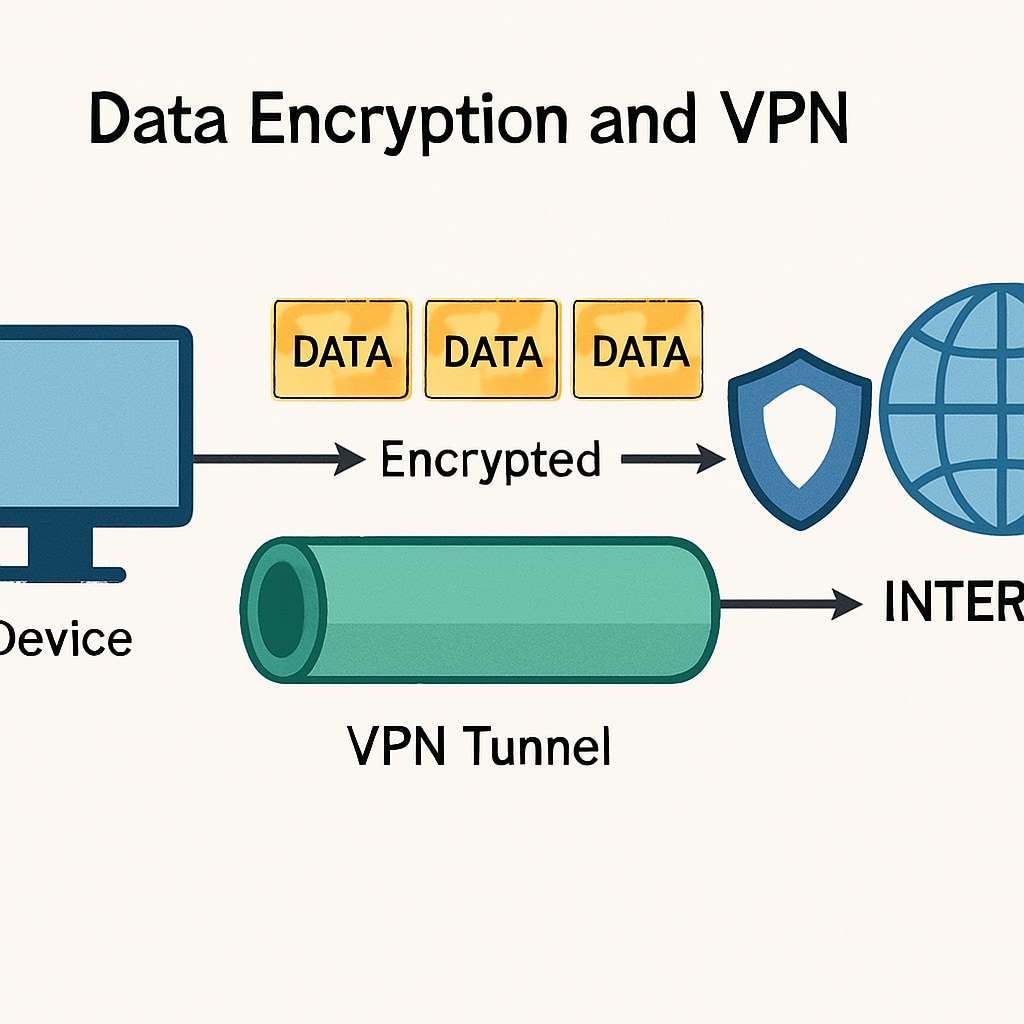The introduction of the UK’s stringent age verification laws has sparked significant changes in internet usage across the country. These laws, aimed at restricting access to certain online content based on age, have inadvertently driven a surge in the use of Virtual Private Networks (VPNs). As users look for ways to maintain their online privacy and bypass restrictions, VPNs have become an increasingly popular tool. This article explores the implications of these regulations, the reasons behind the rise in VPN usage, and the broader impact on privacy and digital freedom.
Understanding the UK’s Age Verification Laws
The age verification laws in the UK require websites hosting adult content to verify the age of users before granting access. This legislation, designed to protect minors from inappropriate material, mandates platforms to implement robust measures such as ID checks or credit card verification. While the intentions behind the law are commendable, the execution has raised concerns about privacy, data security, and the potential for creating a surveillance-like environment.
Critics argue that these measures could lead to the collection and storage of sensitive personal data, increasing the risk of breaches and misuse. As a result, many users are turning to VPNs to circumvent these restrictions and maintain their anonymity online.

Why VPN Usage is Surging
VPNs have become the go-to solution for individuals seeking to navigate the challenges posed by the UK’s age verification laws. A VPN masks a user’s IP address, encrypts their internet connection, and allows them to access content as if they were in a different location. This effectively bypasses geographic restrictions and age-related filters implemented by websites.
Key reasons for the surge in VPN usage include:
- Privacy Concerns: Many users are reluctant to share personal information with websites due to fears of data breaches or misuse.
- Access to Restricted Content: VPNs enable users to access content that might otherwise be blocked under the new regulations.
- Cost-Effectiveness: VPN subscriptions are often seen as a small price to pay for greater freedom and security online.
For example, popular VPN services such as NordVPN and ExpressVPN have reported a noticeable increase in UK-based subscribers since the introduction of these laws.
The Broader Implications for Privacy and Security
The rise in VPN usage highlights a growing tension between regulatory efforts to enforce content restrictions and individual desires for privacy and autonomy. While VPNs offer a practical workaround, they also underscore the challenges of implementing effective digital policies without infringing on users’ rights.
Furthermore, this trend raises questions about the long-term sustainability of such regulations. Will stricter enforcement lead to more sophisticated circumvention methods? Or will it prompt a reevaluation of how governments approach online safety and privacy?

What Lies Ahead
As the UK continues to enforce its age verification laws, the reliance on VPNs is likely to persist. This situation serves as a reminder of the importance of balancing security measures with individual freedoms. Policymakers must consider the unintended consequences of their actions, including the potential for driving users toward unregulated solutions.
For users, the rise of VPNs emphasizes the need to stay informed about digital rights, privacy tools, and the risks of online data exposure. As the digital landscape evolves, the dialogue between regulators, technology providers, and the public will be crucial in shaping a more secure and equitable internet for all.
Readability guidance: Short paragraphs, clear transitions, and lists help break down complex topics. The article minimizes passive voice and ensures sentences remain concise to enhance readability.


